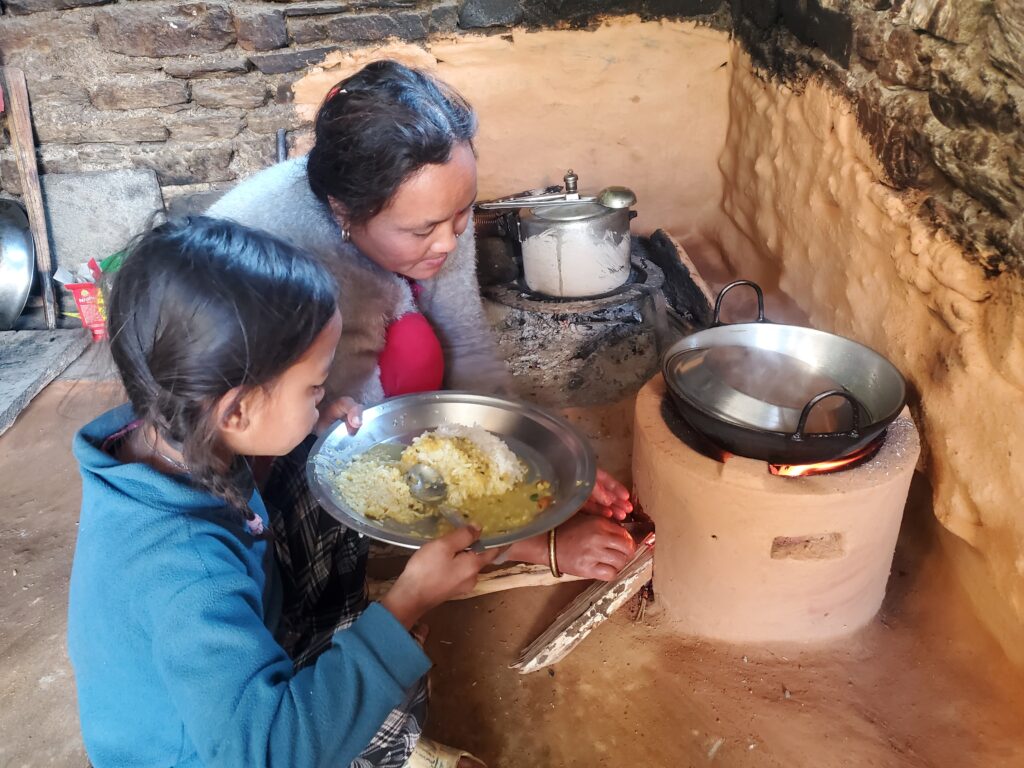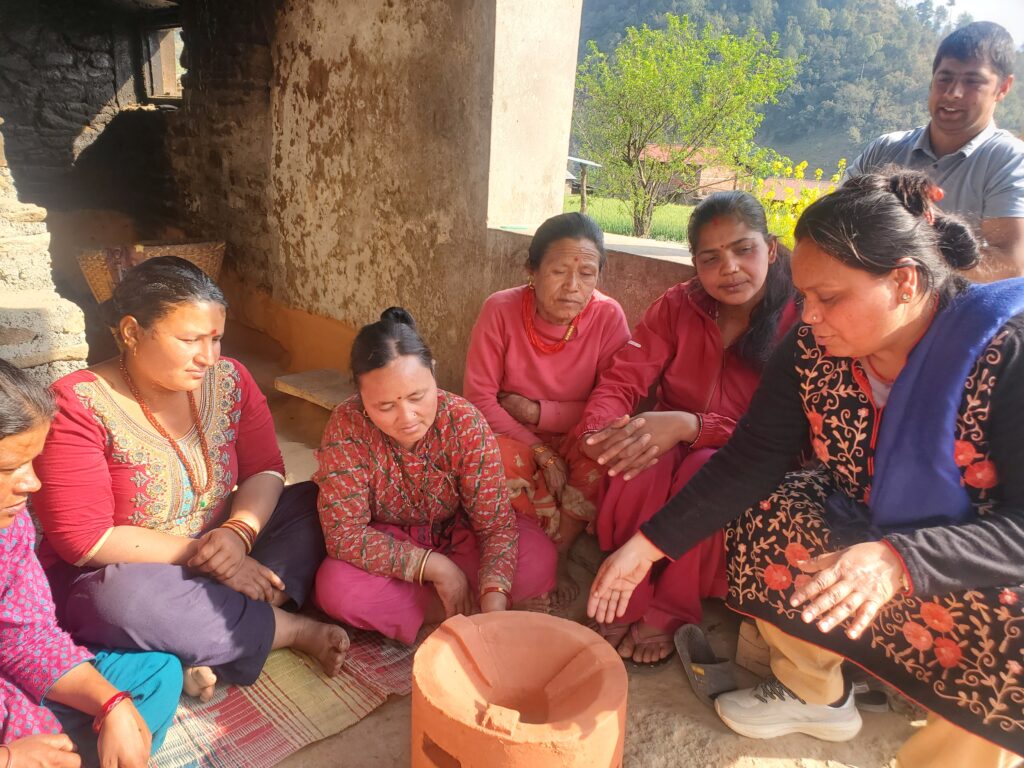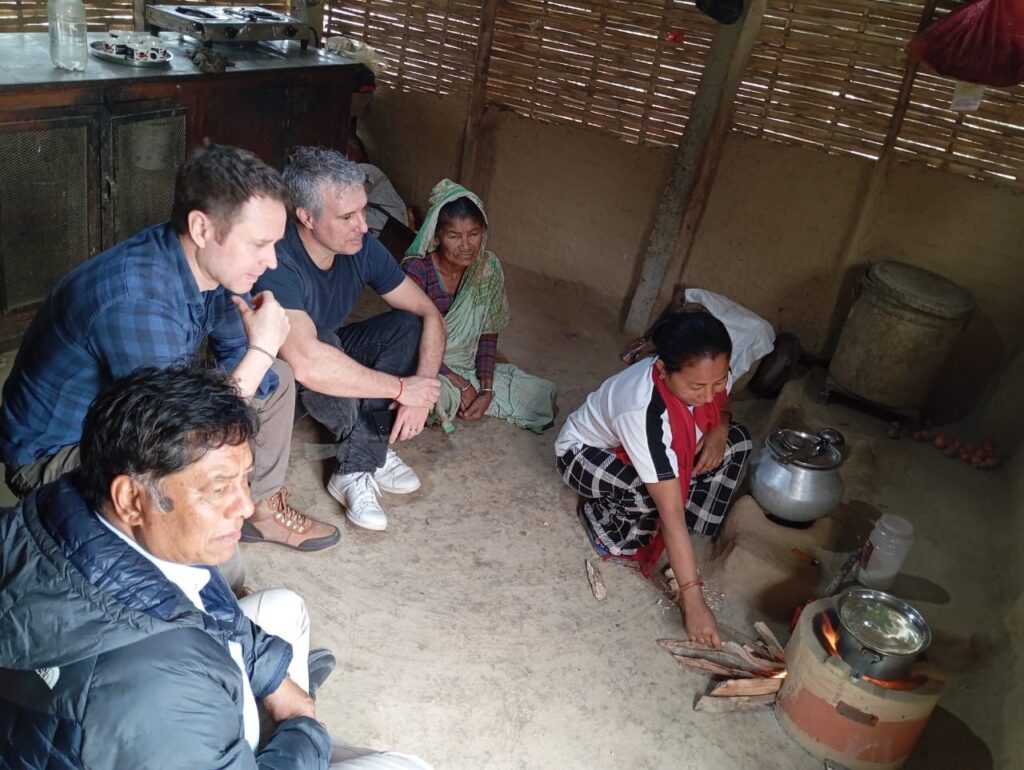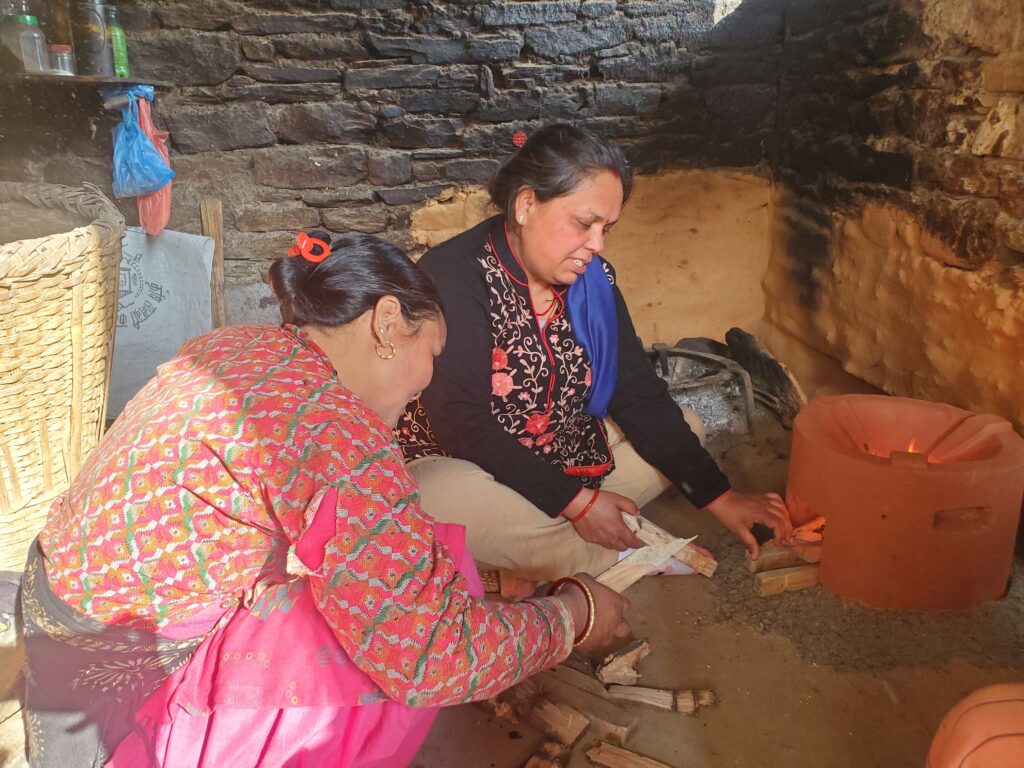Imperative: Delivering High-Quality Carbon Projects to Scale Up Clean Cooking
Imperative develops and operates high-quality carbon credit projects around the world, including for clean cooking solutions. The Clean Cooking Alliance (CCA) spoke with Imperative CEO Scobie Mackay about the organization’s “boots on the ground” approach and the opportunities and challenges he sees in the clean cooking carbon sector.
This interview is part of a series of conversations CCA is having with business leaders across the clean cooking sector.
Clean Cooking Alliance (CCA): Tell us about your company’s products and services:
Scobie Mackay (Mackay): Imperative Global focuses on developing large-scale, nature-based carbon credit projects in the Global South. Our portfolio includes clean cooking solutions, ARR (afforestation, reforestation, revegetation), and mangrove restoration. These projects aim to generate high-quality carbon credits that align with climate goals, biodiversity conservation, and sustainable development. Imperative designs, owns, operates, and optimizes these projects, powered by catalytic technology and on-the-ground experience to ensure the highest standards of quality.
CCA: What are the defining characteristics of your customer base ?
Mackay: Imperative’s customer base primarily consists of underserved communities in the Global South that urgently need sustainable, large-scale solutions to address multi-faceted challenges. These communities face challenges related to energy poverty, relying heavily on traditional biomass fuels such as wood, charcoal, or animal dung for cooking. Imperative’s projects aim to bridge this gap by introducing clean cooking technologies and leveraging carbon finance to fund high-quality, large-scale projects. By prioritizing the needs of these underserved communities, Imperative’s projects ensure that carbon finance not only contributes to emissions reductions but also to long-term, positive social and economic impacts, improving the quality of life for those who need it most.
CCA: What makes your company unique from others in the clean cooking ecosystem?
Mackay: Imperative’s uniqueness lies in its “boots-on-the-ground” approach, ensuring the delivery of high-quality, impactful projects. Unlike many organizations that operate remotely, we recognize the complexities of food and the cultural significance it holds for different communities. This understanding drives us to work closely with communities to ensure that our clean cooking solutions are not only environmentally beneficial but also culturally appropriate. By being present on the ground, we can fine-tune our solutions to meet local needs and scale projects effectively. Additionally, our top-tier team brings extensive experience in carbon markets and project execution, ensuring the highest quality outcomes. This hands-on involvement allows us to develop tailored solutions that respect both the environmental and cultural landscapes of the communities we work with. Whether it’s delivering clean cookstoves or executing reforestation projects, our comprehensive approach integrates global best practices with local insights to drive sustainable development at scale.
[ Stay up to date on the most recent Leadership Series article. Sign up to receive our newsletter. ]
CCA: How do you see Imperative and carbon finance for clean cooking evolving over the next 5-10 years?
Mackay: At Imperative, we aim to significantly scale up our clean cooking projects over the next decade, focusing on large-scale, high-impact initiatives that address both climate and social challenges. The clean cooking sector holds vast potential, especially when integrated into broader carbon finance strategies. Over the next 5-10 years, we plan to deploy large-scale projects by leveraging financing mechanisms to mobilize the capital needed for early-stage development and execution. This will allow us to bring projects to underserved communities at a much larger scale. In addition, we anticipate a continued evolution of the voluntary carbon market, with growing demand for high-quality, verifiable carbon credits. As the market matures, we expect carbon credits from high-quality clean cooking projects to command premium prices, further incentivizing the large-scale deployment of these solutions. This demand for verified, impactful projects will drive both investment and innovation, supporting broader adoption and scalability in the sector.
CCA: How would you define a high-quality carbon project for clean cooking?
Mackay: At Imperative, we define high-quality carbon-clean cooking projects as ones that are done with meticulous planning and execution, ensuring that the cookstoves are tailored to the specific cultural and functional needs of each community. These projects must be built on the foundations of reliable and verifiable data, utilizing recognized standards like Gold Standard to ensure the accuracy of emissions reductions. Additionally, these projects need to deliver substantial co-benefits, such as improved health, job creation, and enhanced livelihoods for local communities, while maintaining the transparency and trust that investors demand.
CCA: What are investors looking for from carbon projects in the cooking sector?
Mackay: From Imperative’s perspective, investors are increasingly demanding that carbon projects, particularly in the clean cooking sector, are high-quality, measurable, and backed by transparent dMRV (digital Monitoring, Reporting, and Verification) systems to verify emissions reductions. Ensuring quality is crucial to avoiding reputational risks that can arise from overestimated or unverifiable carbon credits. For investors, mitigating these risks is paramount, especially as scrutiny of the carbon market grows. Additionally, large-scale projects require Corresponding Adjustments , ensuring that the carbon credits generated are accurately accounted for within the host country’s national climate commitments. Investors are particularly keen on this, as it aligns projects with global standards, adding credibility and reducing the risk of double-counting emissions reductions.
CCA: What are the barriers and/or opportunities in the sector?
Mackay: One of the major barriers in the clean cooking sector is the challenge related to Corresponding Adjustments. Not all governments are currently equipped or willing to issue Letters of Approval for Corresponding Adjustments, which are necessary to prevent double-counting of carbon credits. This hesitation complicates the investment process, as investors rely on these adjustments to ensure the carbon credits they purchase are valid and aligned with national climate goals. Without these assurances, it becomes challenging to attract large-scale investments for clean cooking projects, as the potential risk of the credits being either unrecognized or significantly undervalued by the market increases.
Moreover, in some cases, some governments have proposed terms that pose major challenges to securing investment, such as requesting excessively high incentives or financial contributions. These demands can significantly inflate project costs, making it difficult for developers to proceed with large-scale clean cooking initiatives.
Another significant barrier in the clean cooking sector is the high cost of dMRV systems. These systems are crucial for ensuring that carbon credits are accurately tracked and verified, but can be resource-intensive, particularly in remote areas where clean cooking projects are executed. While such rigorous methodologies are necessary to guarantee project quality, not all projects can bear these costs. This creates a financial gap, making it difficult to execute high-quality projects without securing premium prices for the carbon credits generated. To ensure long-term viability and to attract the needed investment, it becomes essential to price carbon credits at a premium, reflecting the higher costs of maintaining stringent dMRV systems and methodologies.
At Imperative, our goal is to raise the bar and demonstrate that these projects can be done in a high-quality manner, with robust data to prove the impact achieved, while also generating good returns for investors. While we see substantial opportunities in the clean cooking sector to do so, we believe it is imperative that we frame these opportunities as an urgent need for real, tangible actions to deliver impact in the Global South.




